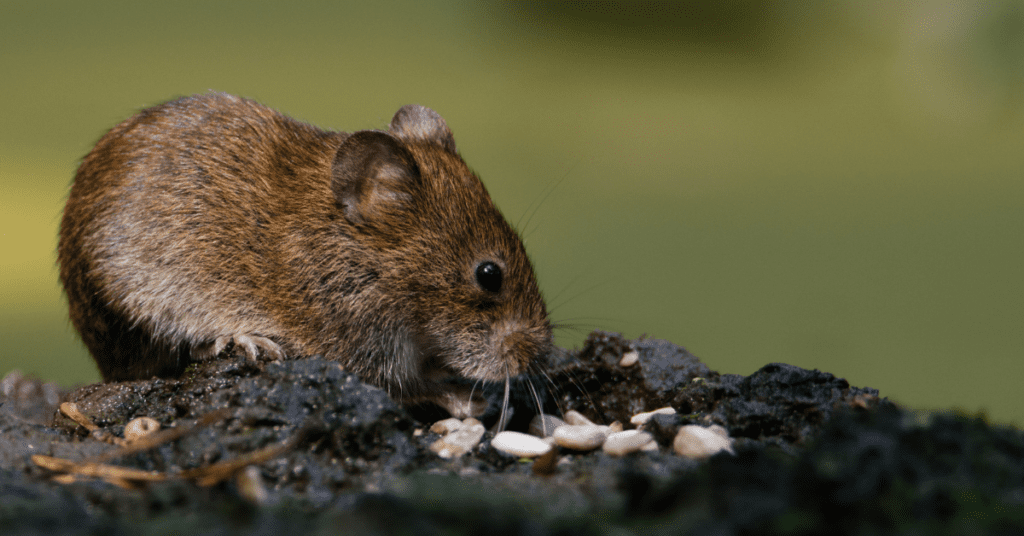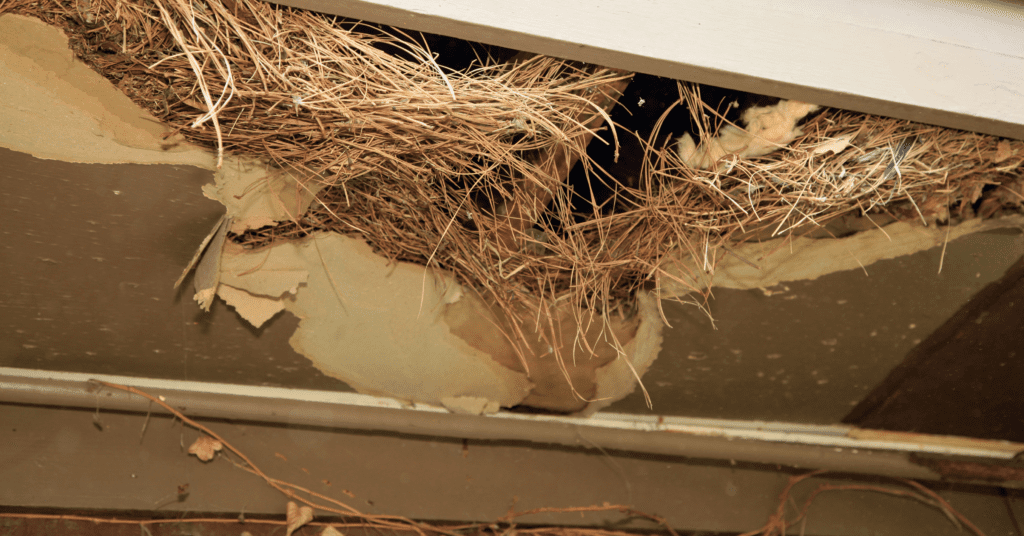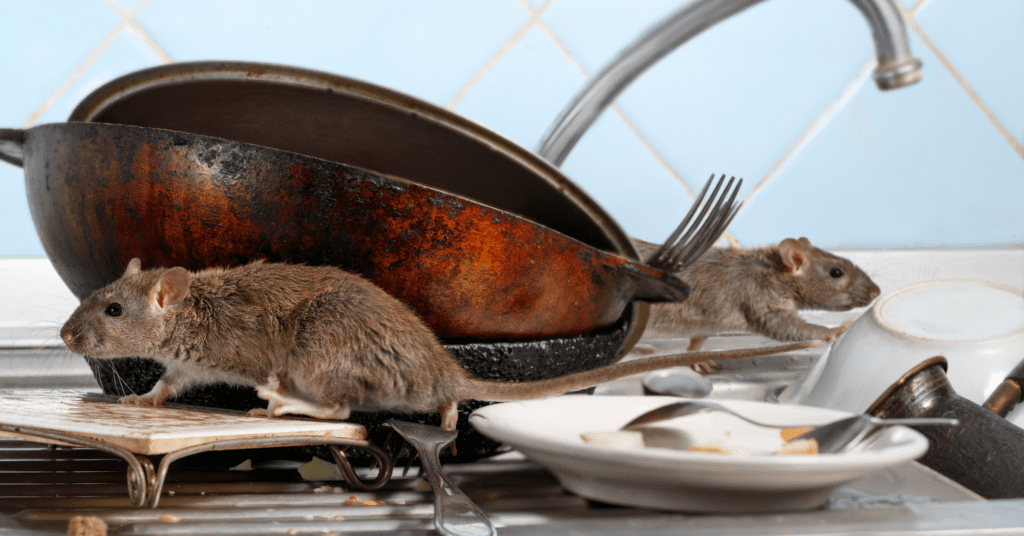How Long Does It Take To Get Rid of a Rodent Infestation?


A. Definition of Rodent Infestation: Rodent infestation refers to the presence of mice, rats, or other rodents in a home, office building, or other structures. Rodents can cause damage to the property and pose a health risk to humans and pets. As you learn about rodent infestations, it’s equally important to understand broader pest issues, such as the 3 Methods of Pest Control, which can offer additional insights into effective pest management strategies.
B. Importance of Early Detection and Eradication: Early detection and eradication of a rodent infestation is crucial in preventing the spread of diseases and reducing the risk of damage to the property. The longer the infestation goes on, the more difficult it will be to get rid of the rodents and the greater the potential for damage and health risks. Understanding the importance of early detection and eradication of pests can also lead one to ponder whether Is Pest Control Safe?—an essential consideration for maintaining a healthy living environment.
Signs of a Rodent Infestation

A. Gnaw Marks: Rodents have strong teeth that they use to gnaw on various materials, including wood, plastic, and wires. Gnaw marks can be an indication of a rodent infestation.
B. Droppings: Rodent droppings are small, dark, and cylindrical in shape. They can be found near nests or along the rodents’ pathways.
C. Nesting Materials: Rodents will gather materials such as paper, fabric, or insulation to build nests. The presence of nesting materials can be an indication of a rodent infestation.
D. Urine Stains: Rodents will urinate in a variety of locations, leaving behind urine stains that can be easily visible.
E. Sounds of Scratching and Scurrying: Rodents are most active at night, and the sounds of scratching and scurrying can be heard coming from the walls or ceilings.
What to Do If You Suspect a Rodent Infestation
A. Contact a Professional Exterminator: The first step in getting rid of a rodent infestation is to contact a professional exterminator. Exterminators have the experience and expertise to determine the best course of action for eradicating the infestation.
B. Seal Up Entry Points: Rodents can enter a home or office building through small openings or cracks. Sealing up these entry points can prevent new rodents from entering the structure.
C. Store Food Properly: Rodents are attracted to food sources, so it is important to store food in airtight containers and to clean up any spills or crumbs. While storing food properly is crucial in preventing rodent infestations, discovering additional 12 Easy Tips This Spring for Pest Prevention can provide broader strategies for keeping pests at bay.
D. Eliminate Sources of Water and Shelter: Rodents need water and shelter to survive, so it is important to eliminate sources of water and to remove any clutter that could provide a suitable nesting site.
How Long Does It Take to Get Rid of a Rodent Infestation?
A. Duration of Treatment: The duration of treatment to get rid of a rodent infestation can vary depending on the severity of the infestation and the methods used to eradicate it. In some cases, it may take several weeks or even months to completely eliminate the infestation. While rodent infestations can be persistent, knowing How Long Does Pest Control Last? can help you set realistic expectations for any professional pest control measures you might consider.
B. Factors Affecting the Speed of Eradication: The speed of eradication can be affected by factors such as the size of the infestation, the location of the nests, and the type of treatment used.
Tips for Preventing Rodent Infestations


A. Seal Up Entry Points: As mentioned earlier, sealing up entry points can prevent rodents from entering the structure.
B. Store Food Properly: Storing food in airtight containers and cleaning up spills and crumbs can reduce the attraction of rodents to the property.
C. Eliminate Sources of Water and Shelter: Eliminating sources of water and removing clutter can reduce the potential for rodents to establish a nest on the property.
D. Keep Your Property Clean and Tidy: A clean and tidy property can reduce the potential for rodents to find food and shelter.
How to Tell if an Exterminator is Reputable and Effective


A. Check for Licensing and Certification: A reputable exterminator will have the proper licensing and certifications required by the province or local government.
B. Ask for References: Ask the exterminator for references from previous clients and check their feedback to gauge the quality of their work.
C. Get Written Estimates: A reputable exterminator will provide a written estimate of the cost and scope of the work to be done.
D. Check for Insurance: A reputable exterminator will have insurance to cover any accidents or damages that may occur during the extermination process. Additionally, when considering a professional service, it’s often useful to understand the difference in perspectives and techniques, such as those outlined in DIY Pest Control vs Professional.
In conclusion, tackling a rodent infestation promptly and effectively is key to maintaining a safe and healthy environment. If you’re residing in or around Vancouver and facing pest challenges, help is just a click away. Explore our dedicated local services for West Vancouver Pest Control, North Vancouver Pest Control, Vancouver Pest Control, Burnaby & New West Pest Control, Coquitlam & Tri-Cities Pest Control, and Richmond Pest Control to find tailored solutions that address your specific needs. Don’t let pests take over your space – reach out to our experts today and reclaim the comfort and safety of your home or office!
